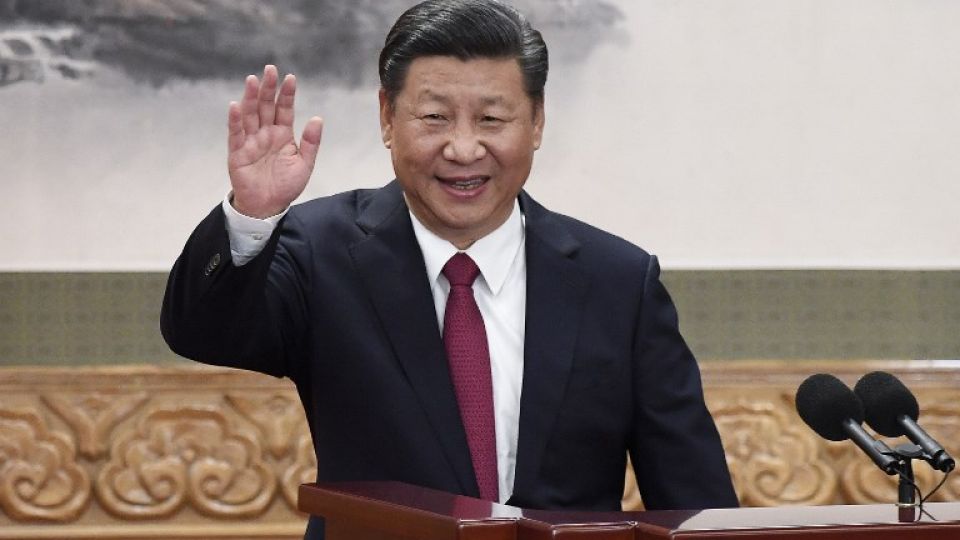April 25, 2018
The two Asian giants will work on improving bilateral ties at the two-day meet in Wuhan which hit a low following last year’s border stand-off.
India and China have announced Prime Minister Narendra Modi will meet President Xi Jinping for an informal summit in the central Chinese city of Wuhan on April 27 and 28.
The two Asian giants will work on improving bilateral ties after relations hit a low following last year’s military stand-off at Doklam. This will be Modi’s fourth visit to China as Prime Minister, and he is scheduled to visit Qingdao in north-eastern China for a regional security summit in June.
The focus of the meeting will be on terrorism, climate change, inclusive globalisation,
sustainable development and trade in the face of rising protectionism and global healthcare.
NDTV reported the summit will not have a delegation structure, and will be more flexible so that the two leaders can have a frank conversation. No agreements will be signed.
India-China ties hit a low during last year’s military stand-off in the disputed Himalayan border region of Doklam. Indian and Chinese troops were locked in a 73-day face-off after India stopped Chinese soldiers from building a road in an area claimed by Bhutan on the grounds that it would have compromised its security.
India’s invitation to Tibetan spiritual leader the Dalai Lama last April to spend a week in Arunachal Pradesh, including Tawang, despite China’s objections also strained their relations. Tawang is a strategically vital region that China claims as a part of southernmost Tibet.
India’s made a show of criticizing the Belt and Road Initiative after Beijing stonewalled India’s bid for membership of the Nuclear Suppliers Group and repeatedly blocked efforts at the UN to sanction Masood Azhar, who heads the Pakistan-based Jaish-e-Mohammed terror group.
However, of late, India is making efforts to bolster ties with China, as the latter takes a more prominent role in international affairs. It asked its officials to not attend events commemorating the Dalai Lama’s 60 years of exile in India.


